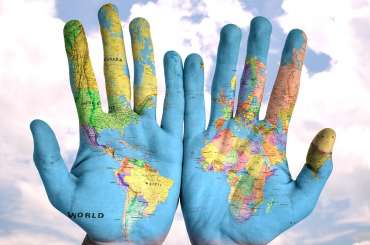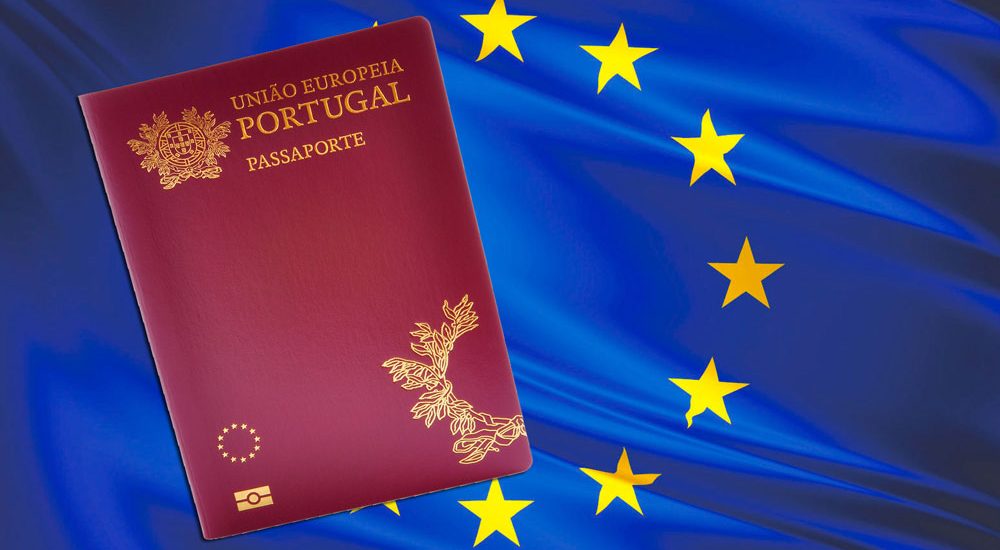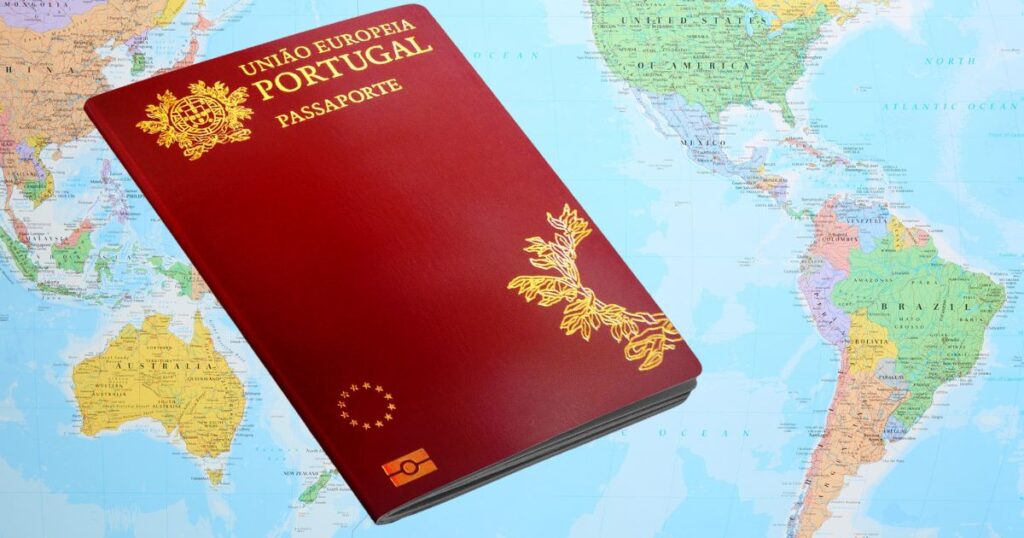Citizenship and nationality are widely used, both are closely related, synonymous and widely used next to each other. There exists a slight difference between the two but you should not confuse with each other. It is true, understanding the subtle differences between citizenship and nationality can be quite difficult to understand, but we will try explain simple and easy from different sources.
How many citizenships and nationalities are there?
There are 223 nationalities in the world and some countries have ethnic variants of nationalities. As with citizenships, there are 195 citizenships given that there are 195 countries in the world. In reality some of those countries do not allow dual or multiple citizenships.
Definitions
According to definitions provided by European commission, the terms ‘citizenship’ and ‘nationality’ are often used interchangeably to denote the legal bond between an individual and a state. While ‘nationality” is the preferred legal term, ‘citizenship’ is used more broadly to describe the rights, duties, and practices linked to this formal status. In certain contexts, the term ‘nationality’ also denotes belonging to a national or ethnic community.
In most circumstances, citizenship is easier to determine than nationality, and should be given little to no priority. Nationality should be listed only in addition to citizenship, and only in cases where it both differs from citizenship and is relevant.
Wikipedia clearly defines the relationship between nationality and citizenship, described below.
Citizenship
Citizenship is a legal status in a political institution such as a city or a state. The relationship between a citizen and the institution that confers this status is formal, and in contemporary liberal-democratic models includes both a set of rights that the citizen possesses by virtue of this relationship, and a set of obligations or duties that they owe to that institution and their fellow citizens in return.
Nationality
Nationality, on the other hand, denotes where an individual has been born, or holds citizenship with a state. Nationality is obtained through inheritance from his/her parents, which is called a natural phenomenon. On the other hand, an individual becomes a naturalized citizen of a state only when they are accepted into that’s nations framework, and then legally their nationality has changed by international law. Article 15 under Universal Declaration of Human Rights states “Everyone has the right to a nationality”. “No one shall be arbitrarily deprived of his nationality nor denied the right to change his nationality”. Essentially, an individual is able to change their nationality through nationalization, citizenship by descent or inheritance of nationality from parents. An example of nationality is Italian to a person with Italian roots born in the United States.
Relationship
While the terms “citizenship” and “nationality” are sometimes used interchangeably, this is for political purposes rather than because there is no difference between the two. The most familiar instance of this is the use of “nationality” to denote state citizenship (as in nationality law). This is common practice for many states, under the assumption that because they are supposed to be “nation-states” (meaning that the boundaries of the nation and the state coincide), making a distinction is unnecessary – all citizens are also nationals.
1. United States
United States nationality law defines some persons born in U.S. outlying possessions as U.S. nationals but not citizens.
US has two nationalities
- US citizen
- US national
Section 101(a)(22) of the Immigration and Nationality Act (INA) states that “the term ‘national of the United States’ means (A) a citizen of the United States, or (B) a person who, though not a citizen of the United States, owes permanent allegiance to the United States.” Therefore, U.S. citizens are also U.S. nationals. Non-citizen nationality status refers only individuals who were born either in American Samoa or on Swains Island to parents who are not citizens of the United States.
US passport
Passports are issued to citizens and nationals of the United States of America. The U.S. passport issued to non-citizen nationals contains the endorsement code 9 which states: “THE BEARER IS A UNITED STATES NATIONAL AND NOT A UNITED STATES CITIZEN.” on the annotations page
Although all U.S. citizens are also U.S. nationals, the reverse is not true. As specified in 8 U.S.C. § 1408, a person whose only connection to the U.S. is through birth in an outlying possession (which is defined in 8 U.S.C. § 1101 as American Samoa and Swains Island, the latter of which is administered as part of American Samoa), or through descent from a person so born, acquires U.S. nationality but not U.S. citizenship.
2. United Kingdom
The UK currently has 6 variants of nationalities
British citizen (BC)
British overseas territories citizen (BOTC)
British National (Overseas) (BN(O))
British protected person (BPP)
British subject
British Overseas citizen (BOC)
3. Taiwan
In Taiwan (ROC), the status of national without household registration applies to people who have Republic of China nationality, but do not have an automatic entitlement to enter or reside in the Taiwan Area, and do not qualify for civic rights and duties there.
4. Latin America
The nationality laws of Mexico, Colombia, and some other Latin American countries, nationals do not become citizens until they turn 18.
5. Israel
Israeli law distinguishes nationality from citizenship.





